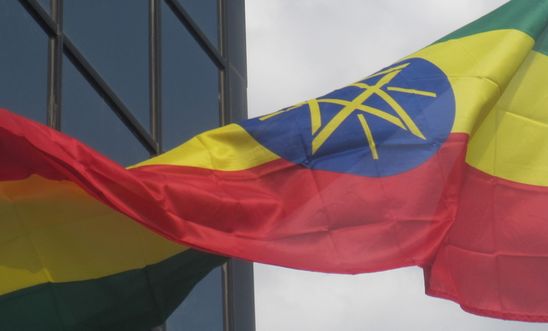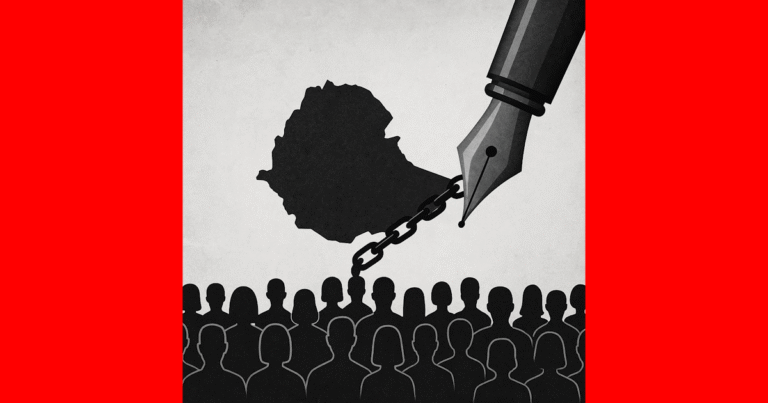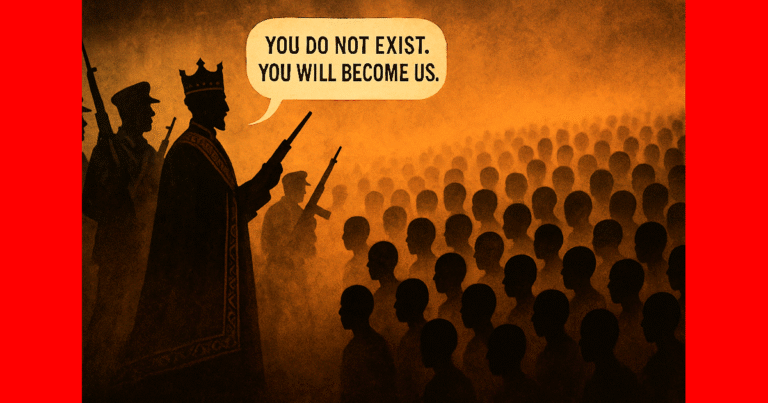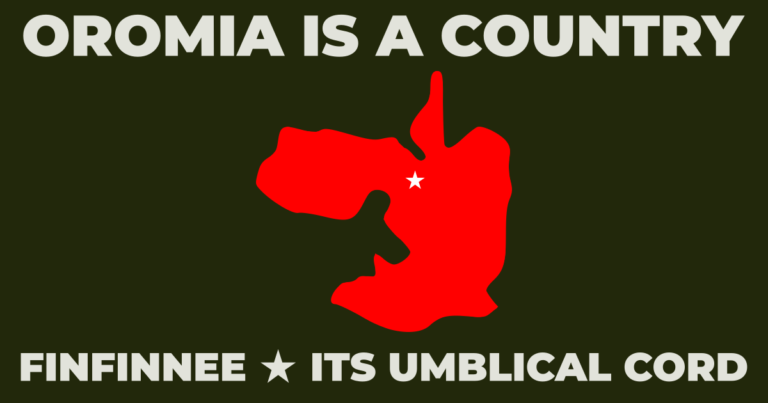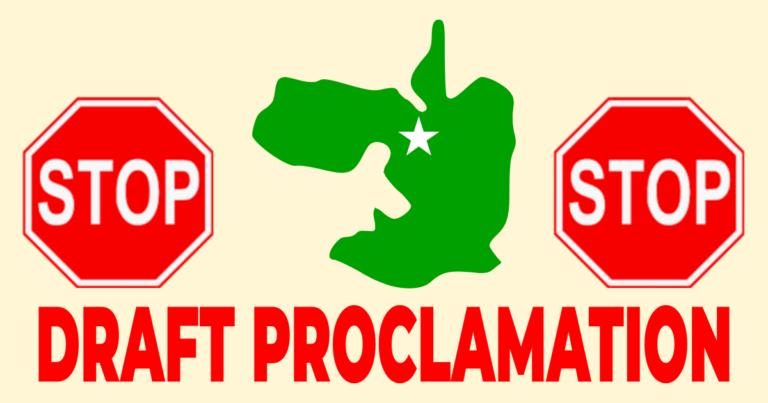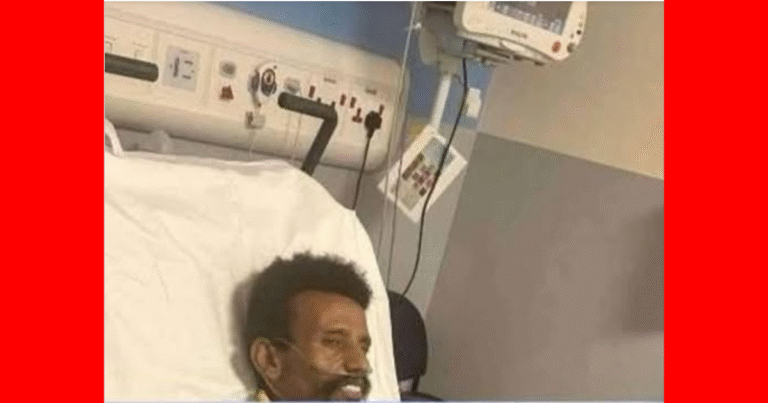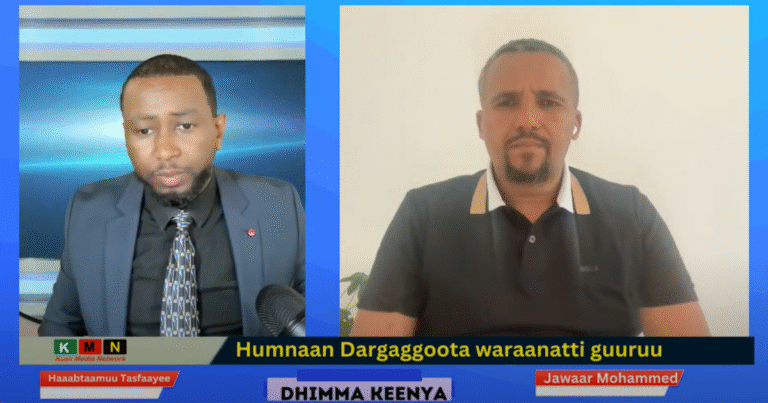At least 10,000 people were arbitrarily arrested and detained last year as part of the government’s crackdown on armed attacks and violence in Oromia Region
Forces have burned homes to the ground, committed rape and extrajudicial execution in response to inter-communal violence
‘With elections on the horizon, these violations and abuses could escalate out of control unless the government takes urgent measures’ – Deprose Muchena
Ethiopian security forces committed horrendous human rights violations including burning homes to the ground, extrajudicial executions, rape, arbitrary arrests and detentions – sometimes of entire families – in response to attacks by armed groups and inter-communal violence in Amhara and Oromia, Amnesty International said today.
In a new report, Beyond law enforcement: human rights violations by Ethiopian security forces in Amhara and Oromia, Amnesty documents how security forces committed grave violations between December 2018 and December 2019, despite reforms which led to the release of thousands of detainees, expansion of the civic and political space and repeal of draconian laws – such as the Anti-Terrorism Proclamation – which were previously used to repress human rights.
Deprose Muchena, Amnesty International’s Director for East and Southern Africa, said:
“The Ethiopian authorities have made notable progress in changing the country’s bleak human rights record. However, it is unacceptable that the security forces should be allowed to carry on committing human rights violations with impunity. The authorities must ensure that those responsible for these callous and brutal acts face justice.
“The authorities must also recognise that holding diverse political views and opinions is legal. Everyone has the right to choose whom to support and these rights to freedom of expression must be guaranteed, upheld and protected. The authorities must stop killing and criminalising people for their political choices.
“With elections on the horizon, these violations and abuses could escalate out of control unless the government takes urgent measures to ensure security forces act within the law and remain impartial in undertaking their duties.”
Hopes of progress
In 2018, Prime Minister Abiy Ahmed’s government lifted a ban on opposition parties, some of which had been designated terrorist organisations and forced into exile, allowing them to take part in elections initially scheduled for August this year, but postponed because of the pandemic.
In an attempt to mobilise support however, some politicians have stirred up ethnic and religious hatred, sparking inter-communal violence and armed attacks in five of the country’s nine regional states: Amhara, Benishangul-Gumuz, Harari, Oromia and the Southern Nations, Nationalities and Peoples Region (SNNPR), and the Dire Dawa administrative state.
The government responded by setting up security command posts to coordinate the operations of the Ethiopian Defence Forces (EDF), federal police, regular and special (Liyu) police units in the regions, as well as local administration security officers called kebele militia.
Qimant minority targeted
Tensions have been high in Amhara after the minority Qimant group voted for their own autonomous administrative unit in September 2017, resulting in clashes between the Amhara and Qimant communities.
Amnesty’s report reveals that the Liyu police, local administration militia and two Amhara youth vigilante groups joined forces to attack members of the Qimant community in January last year, and again in September and October, leaving at least 100 dead and hundreds displaced. Qimant homes and property were also destroyed.
Security forces and vigilante groups also attacked a Qimant settlement in Metema, with grenades and guns and set homes on fire last year. Fifty-eight people were killed within 24 hours as soldiers in a nearby camp failed to respond to cries for help.
Dinqie Tekeda, 25, escaped from her burning house with four of her brothers and a cousin only for Amhara guards at Bunna International Bank to expose them to vigilante youths. She said: “Armed Amhara youth came and killed three of my brothers and my cousin and wounded my other brother. They killed them at point-blank range while I watched. They died instantly.”
Tsedal Abate, who witnessed a separate attack, said: “Just 100 metres from my home, the youth burnt Endihnew Nega, his mother, his sister and her baby at around 10pm.”
Extrajudicial executions
Amnesty has documented the extrajudicial execution of at least 39 people in Oromia, including 17-year old Seid Sheriff who was shot in the head outside a café in Harqelo, Goro Dola. He was allegedly alerting a motorcyclist to an impending arrest.
In Finchawa, Dugda Dawa, two truckloads of soldiers drove into town and indiscriminately shot at people for an hour, killing 13. Witnesses told Amnesty the attack was in retaliation for a soldier stoned to death three weeks earlier.
Brutal beatings, lifetime scars
Last year at least 10,000 people were arbitrarily arrested and detained as part of the government’s crackdown on armed attacks and inter-communal violence in Oromia Region.
They were accused but never charged for “supporting, sharing information with and feeding” members of an armed group calling itself the Oromo Liberation Army (OLA) that splintered from the Oromo Liberation Front’s (OLF) military wing.
Many people were arrested multiple times, some detained for up to five months and put through political indoctrination to compel them to support the ruling party.
Forced evictions and homes razed
Since March last year, security officers have forcibly evicted at least 60 families from Oromia’s East and West Guji zones by burning down homes – often while families are still inside – leaving those who survive homeless. Amnesty has also confirmed that another 300 families have been forcibly relocated.

